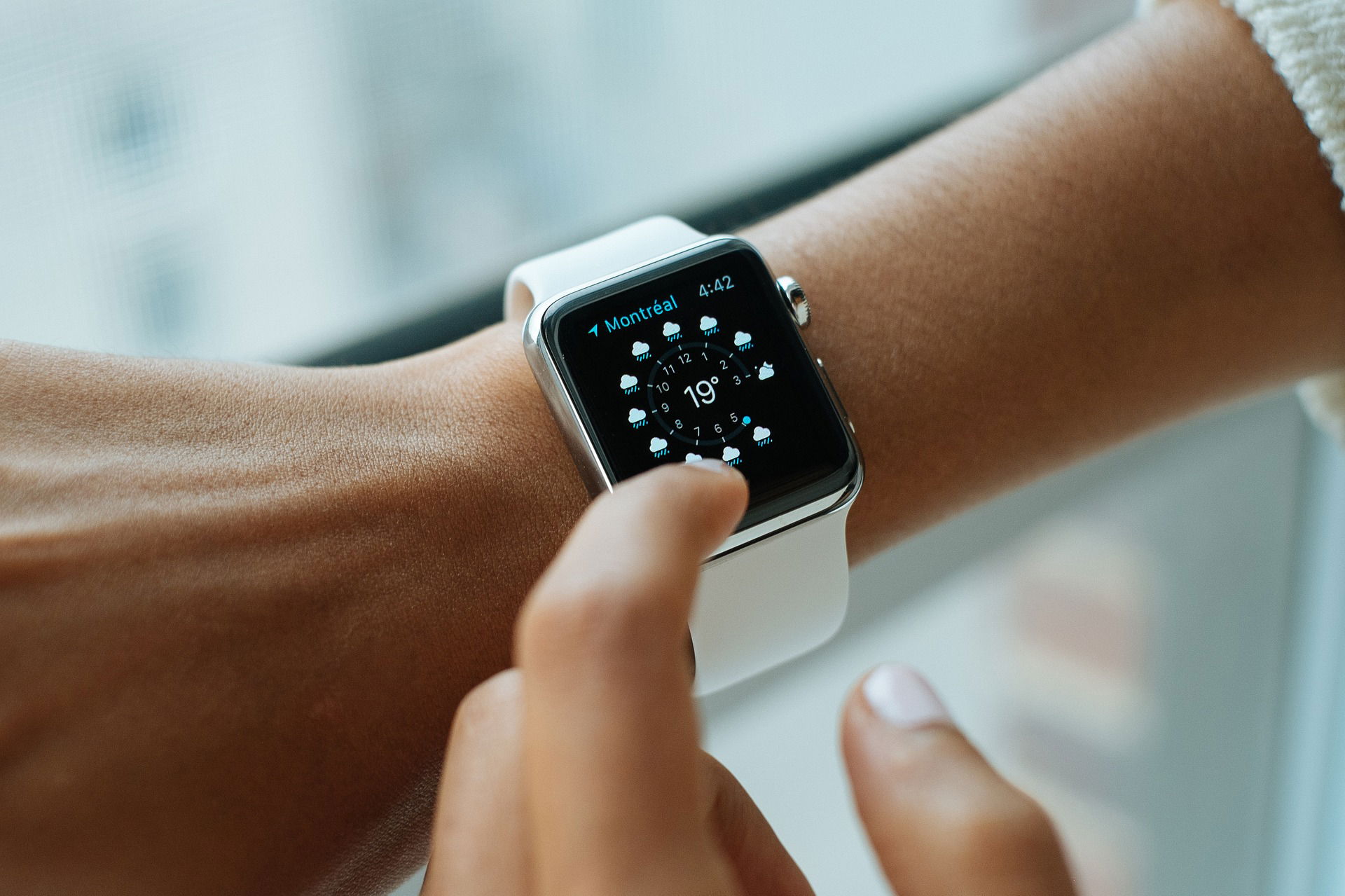Can ketamine treat your depression? Check your fitness watch

Click here to read the full article!
Abstract
Background: The rapid clinical antidepressant effects of the glutamatergic modulator ketamine may be due to its ability to restore synaptic plasticity and related effects on sleep-wake and circadian systems. Preclinical studies indicate that ketamine alters expression of circadian clock-associated molecules, and clinical studies of ketamine on plasticity-related biomarkers further suggest an association with sleep slow waves and sleep homeostasis.
Methods: Wrist-activity monitors were used to examine the pharmacologic and rapid antidepressant effects of ketamine on markers of circadian timekeeping (amplitude and timing) in mood disorders. Circadian amplitude and timing of activity at baseline, postinfusion day 1 (D1), and day 3 (D3) were measured in 51 patients with major depressive disorder or bipolar disorder.
Results: Compared with either placebo or baseline, a mood-independent decrease of the central circadian value (mesor) was present on D1 after ketamine treatment. Mood-associated circadian effects between rapid (D1) responders and nonresponders were found at baseline, D1, and D3. At baseline, a phase-advanced activity pattern and lower mesor distinguished subsequent responders from nonresponders. On D1, ketamine nonresponders had a lower mesor and a blunted 24-hour amplitude relative to baseline. On D3, patients with a persisting clinical response exhibited a higher amplitude and mesor compared with nonresponders.
Conclusions: The findings are the first to demonstrate an association between ketamine's clinical antidepressant effects and circadian timekeeping. The results suggest that traitlike circadian activity patterns indicate rapid mood response to ketamine, and that mediators of continuing ketamine-induced mood changes include altered timing and amplitude of the circadian system.
Trial registration: ClinicalTrials.gov NCT00088699.
Keywords: Clock genes; Neuroplasticity; Sleep deprivation; Slow wave sleep; Wrist activity.